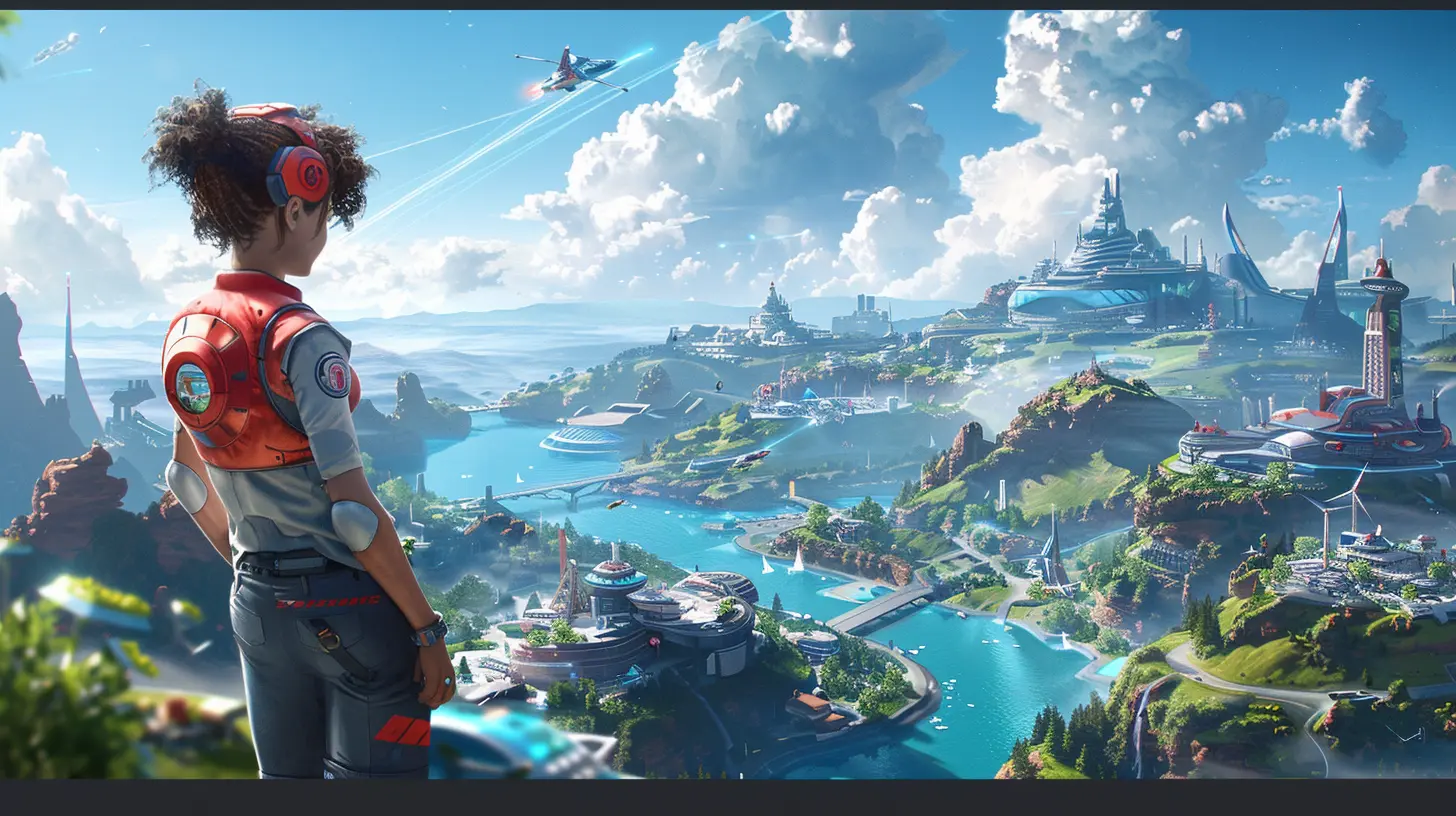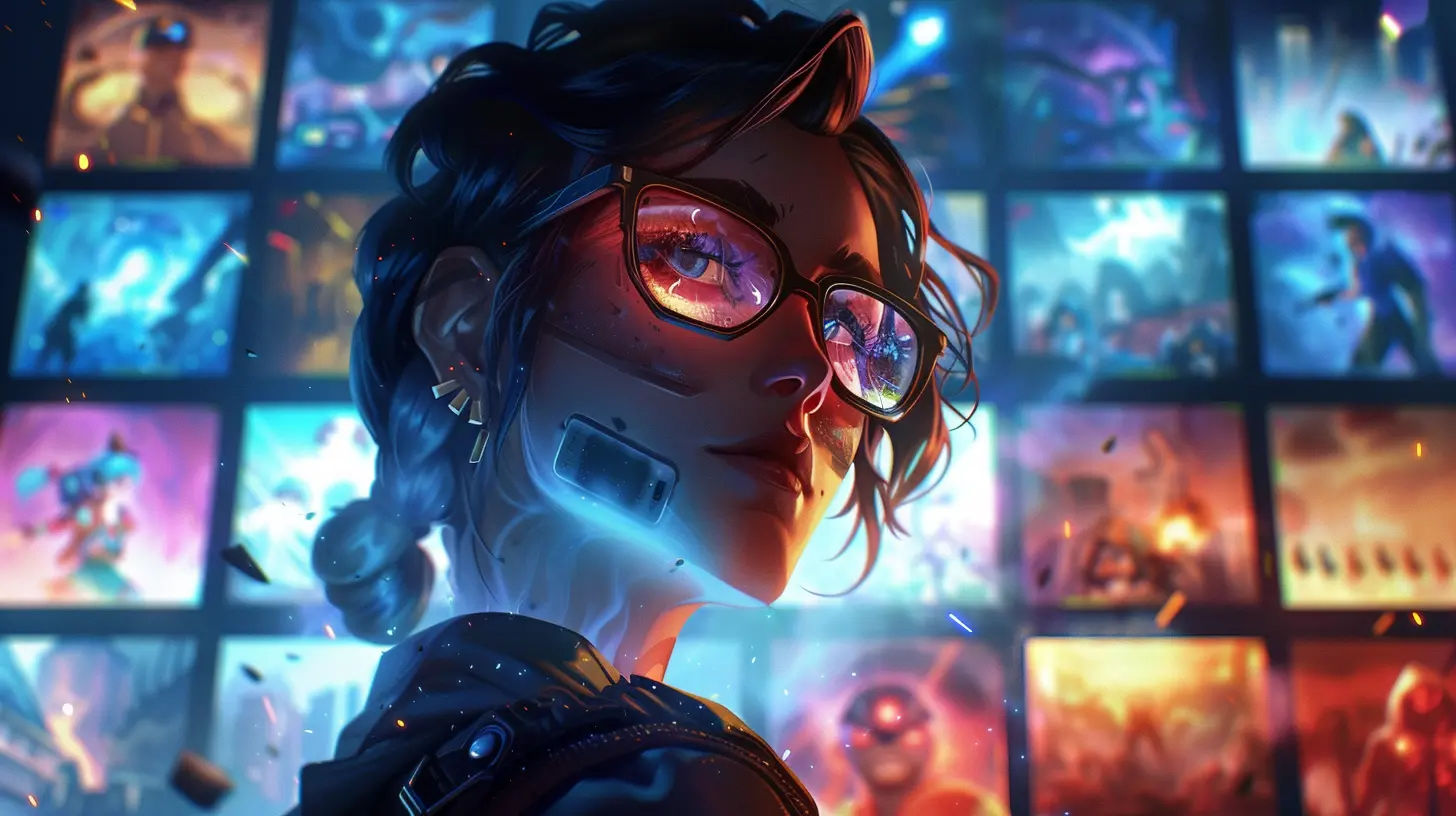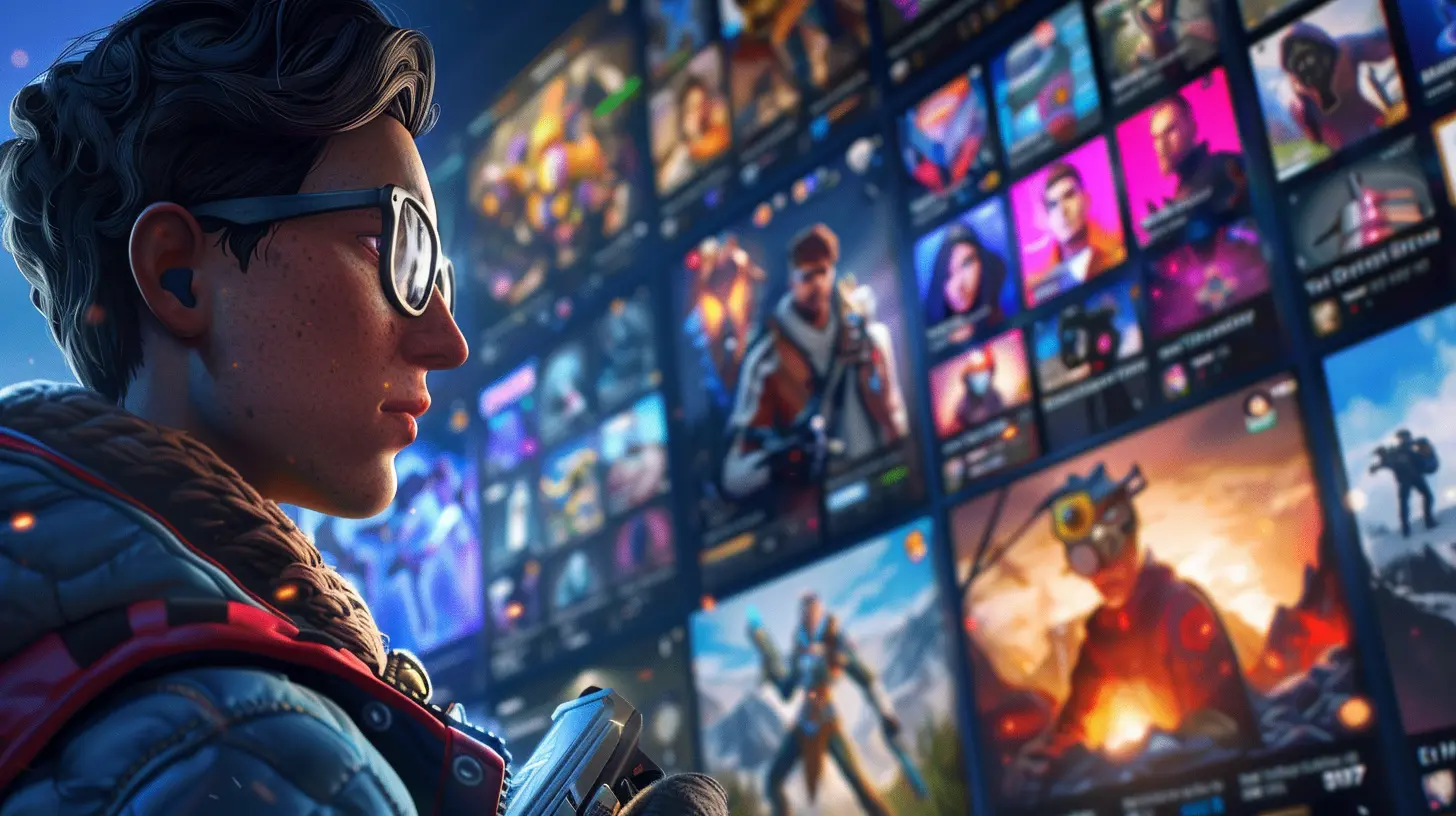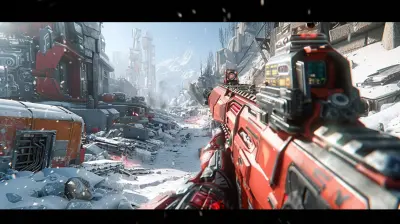How Epic Games Store is Supporting Developers with Competitive Revenue Splits
15 July 2025
Let’s face it—if you’re a game developer, the odds can feel stacked against you. You spend months (or even years) pouring your heart and soul into a game, only for a chunk of your hard-earned money to be eaten up by platform fees and cuts. That’s been the norm for ages. But then, Epic Games Store burst onto the scene like a whistleblower in an action movie, shaking up the whole ecosystem.
Today, we're diving into how Epic Games Store isn't just selling games—they're changing the game for developers with their competitive revenue splits.

The Traditional Revenue Split Model—A Tough Pill to Swallow
Before we talk about Epic's approach, let’s rewind a bit.Traditionally, most digital game stores—like Steam—have taken a 30% cut of game sales. That means developers only get 70% of the revenue for each copy sold. For big studios working with multi-million dollar budgets, that might not sound like a big deal. But for indie developers trying to survive and thrive? That 30% can be brutal.
Think of it like this: you've baked an amazing cake, and you're finally ready to sell it. But the store that lets you use their shelf demands nearly a third of the price as their fee. Not exactly the sweetest deal, right?

Epic Games Store Enters the Arena
When Epic Games Store launched in December 2018, they didn’t just bring another storefront to the table—they brought a whole new business model. The headline-grabber? A developer-friendly 88/12 revenue split.Yep, developers keep 88% of their earnings. That's a massive shift.
It might not sound like a huge difference at first glance (what’s 18% more, really?), but let’s do the math. If a game earns $1 million, Epic’s cut is just $120,000 compared to Steam’s $300,000. That’s a cool $180,000 more in the developer's pocket. That could fund a whole new game—or at least pay some rent and feed the team.

Why the Competitive Revenue Split Matters
Okay, so Epic gives developers a bigger slice of the pie. Why should you care?1. Empowering Indie Developers
Indie devs are the lifeblood of innovation in gaming. They’re the ones taking risks, exploring new genres, and crafting emotional narratives that triple-A studios often don’t touch. By taking less money from their sales, Epic makes it easier for these smaller teams to survive and keep creating.More money means more resources for better games. It’s that simple.
2. Encouraging More Competition
Epic’s move has put pressure on other platforms to reconsider their revenue models. Competition is good—it leads to better deals, better services, and better experiences across the board. When companies fight for developer attention, developers win. And guess what? So do we, the players.3. Supporting Long-Term Developer Relationships
Epic isn’t just trying to lure developers with a cash grab. They want partnerships. Their entire philosophy seems built around creating sustainable ecosystems where developers aren't just hosted—they’re supported.And when developers feel supported, they stick around. They grow. They innovate. That’s a win for everyone.

Going Beyond the Revenue Split
Now, don’t think Epic stopped at an 88/12 cut. They’ve gone the extra mile in a bunch of other ways to show developers they’re serious about this partnership.Epic’s Support-A-Creator Program
Have you ever watched a YouTuber or Twitch streamer gushing about a new game? Epic’s Support-A-Creator program lets content creators earn a share from game sales they promote. Developers pick the cut from their earnings—it could be 5%, 10%, whatever makes sense.This creates a win-win-win:
- Creators get paid for promoting games.
- Developers get more exposure.
- Gamers discover hidden gems through creators they trust.
It’s like handing out flyers for your garage band show—except you actually pay the person handing them out. Pretty fair, right?
Epic MegaGrants—Because “Investing” Isn’t Just a Buzzword
Epic didn’t stop at taking a smaller cut. They put their money where their mouth is—literally. With Epic MegaGrants, they’ve committed over $100 million to support developers, artists, students, and educators.And there are no strings attached.
If you've got something cool you're working on—even if it's not game-related—Epic might just throw some funding your way. That kind of trust and investment can be a game-changer for struggling devs.
No Unreal Engine Royalties on the Epic Store
If you're using Unreal Engine (which, surprise, Epic also owns) and selling your game on the Epic Games Store, you don’t have to pay the 5% engine royalty. That’s like getting a free turbo boost for your car just because you're driving on their track.This is a huge incentive for developers who already love Unreal Engine. It’s one less fee to worry about and one more reason to stick with the platform.
Real-World Developer Reactions—What the Devs Are Saying
Epic’s revenue model didn’t just earn headlines—it earned fans.Plenty of indie developers have publicly praised the generous revenue split. Some even said it gave them the breathing room they needed to finish or market their games properly. Others pointed out how it helped them finally go full-time with their dev dreams instead of juggling side gigs.
One developer even called the Epic model “the most developer-friendly platform out there.” That's not just PR—it’s a genuine shift in how people are viewing digital distributions.
Critics and Controversy—Let’s Talk About the Drama
Of course, no revolution comes without a little friction.Some gamers weren’t thrilled with Epic’s tactic of securing exclusive deals. You probably remember the drama when games like “Metro Exodus” or “Borderlands 3” launched on Epic Games Store first, leaving Steam players in the cold.
But here’s the thing: these exclusives often come with financial guarantees for the devs. That’s right—Epic pays up front, which helps reduce the risk of launching a new game. For many smaller studios, that guarantee can mean the difference between release day and closing doors.
It’s a complicated issue. But from a developer’s point of view, that financial safety net is hard to argue with.
Epic vs. Steam—The Friendly (Not-So-Friendly) Face-Off
Let’s get real—Steam is still the biggest name in the PC gaming world. They’ve been around longer, have more features, and a massive user base. But Epic’s aggressive stance on revenue shares is forcing Steam to rethink its playbook.Valve did tweak its model slightly, offering better cuts to top-performing games (like millions-of-dollars tier success stories). But for small and mid-sized devs? The default 30% still stands.
So while Epic may not have the same library or social features as Steam (yet), their decision to prioritize developers is shifting how both platforms are viewed in the long term.
The Future of Game Distribution—What’s Next?
The Epic Games Store has thrown down the gauntlet. They're betting on developers—and that bet is reshaping the future of digital distribution.More developers are making Epic their launchpad. More gamers are warming up to the idea of a new storefront. The days of one-platform dominance are over. We're entering a world where choice, competition, and creator-first thinking are taking center stage.
And honestly? That’s the way it should be. When developers win, we all win. Better games, fresher ideas, closer communities—it all starts with making sure those who make the magic actually get paid for it.
Final Thoughts—A Breath of Fresh Air
Epic Games Store isn’t perfect. There’s still work to do on features, cross-platform play, and user libraries. But one thing’s for sure: their approach to revenue sharing is a breath of fresh air in a stale room.Whether you're a developer wondering where to launch your next hit or a gamer curious about where your money goes, Epic is giving all of us a reason to pay attention. And let’s be honest—supporting the people who make the games we love? That’s always going to be epic.
all images in this post were generated using AI tools
Category:
Epic Games StoreAuthor:

Kaitlyn Pace
Discussion
rate this article
1 comments
Ulysses Martin
Epic Games Store's competitive revenue splits significantly benefit developers, offering an 88/12 revenue share compared to the industry standard. This model fosters indie innovation and sustainability, encouraging diverse game offerings. Such support enhances the platform's reputation while reshaping the digital distribution landscape.
August 6, 2025 at 3:09 AM

Kaitlyn Pace
Thank you for your insightful comment! Indeed, Epic Games Store's 88/12 revenue split is a game changer for developers, fostering innovation and supporting a diverse gaming ecosystem.


